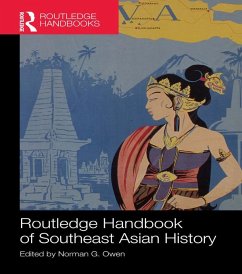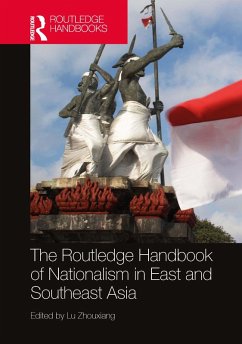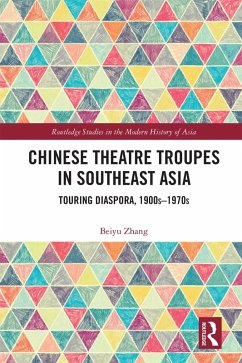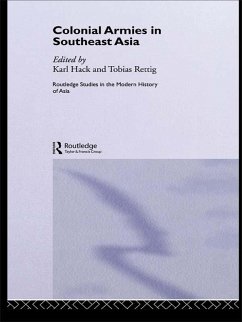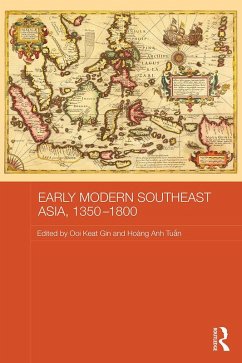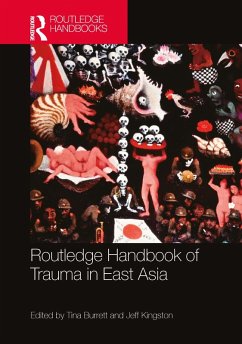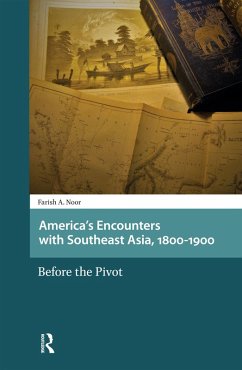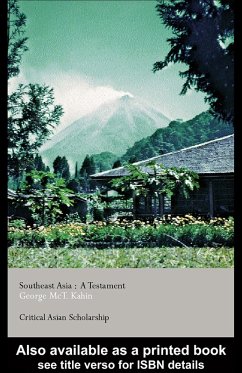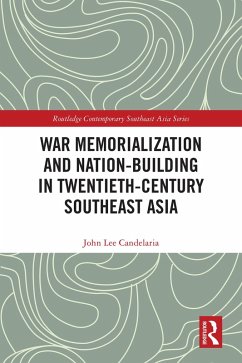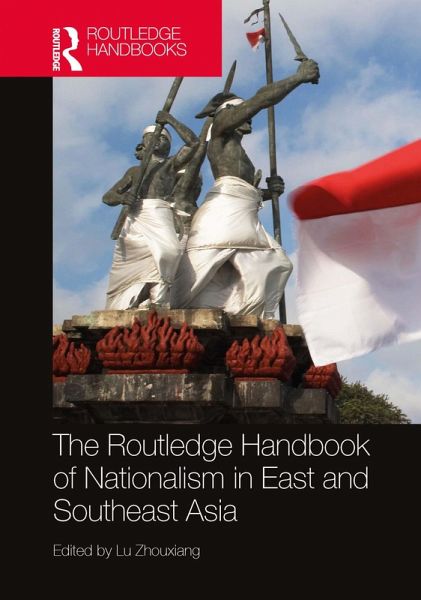
The Routledge Handbook of Nationalism in East and Southeast Asia (eBook, ePUB)
Versandkostenfrei!
Sofort per Download lieferbar
47,95 €
inkl. MwSt.
Weitere Ausgaben:

PAYBACK Punkte
24 °P sammeln!
This handbook presents a comprehensive survey of the formation and transformation of nationalism in 15 East and Southeast Asian countries.Written by a team of international scholars from different backgrounds and disciplines, this volume offers new perspectives on studying Asian history, society, culture, and politics, and provides readers with a unique lens through which to better contextualise and understand the relationships between countries within East and Southeast Asia, and between Asia and the world. It highlights the latest developments in the field and contributes to our knowledge an...
This handbook presents a comprehensive survey of the formation and transformation of nationalism in 15 East and Southeast Asian countries.
Written by a team of international scholars from different backgrounds and disciplines, this volume offers new perspectives on studying Asian history, society, culture, and politics, and provides readers with a unique lens through which to better contextualise and understand the relationships between countries within East and Southeast Asia, and between Asia and the world. It highlights the latest developments in the field and contributes to our knowledge and understanding of nationalism and nation building. Comprehensive and clearly written, this book examines a diverse set of topics that include theoretical considerations on nationalism and internationalism; the formation of nationalism and national identity in the colonial and postcolonial eras; the relationships between traditional culture, religion, ethnicity, education, gender, technology, sport, and nationalism; the influence of popular culture on nationalism; and politics, policy, and national identity. It illustrates how nationalism helped to draw the borders between the nations of East and Southeast Asia, and how it is re-emerging in the twenty-first century to shape the region and the world into the future.
The Routledge Handbook of Nationalism in East and Southeast Asia is essential reading for those interested in and studying Asian history, Social and Cultural history, and modern history.
Written by a team of international scholars from different backgrounds and disciplines, this volume offers new perspectives on studying Asian history, society, culture, and politics, and provides readers with a unique lens through which to better contextualise and understand the relationships between countries within East and Southeast Asia, and between Asia and the world. It highlights the latest developments in the field and contributes to our knowledge and understanding of nationalism and nation building. Comprehensive and clearly written, this book examines a diverse set of topics that include theoretical considerations on nationalism and internationalism; the formation of nationalism and national identity in the colonial and postcolonial eras; the relationships between traditional culture, religion, ethnicity, education, gender, technology, sport, and nationalism; the influence of popular culture on nationalism; and politics, policy, and national identity. It illustrates how nationalism helped to draw the borders between the nations of East and Southeast Asia, and how it is re-emerging in the twenty-first century to shape the region and the world into the future.
The Routledge Handbook of Nationalism in East and Southeast Asia is essential reading for those interested in and studying Asian history, Social and Cultural history, and modern history.
Dieser Download kann aus rechtlichen Gründen nur mit Rechnungsadresse in A, B, BG, CY, CZ, D, DK, EW, E, FIN, F, GR, HR, H, IRL, I, LT, L, LR, M, NL, PL, P, R, S, SLO, SK ausgeliefert werden.




